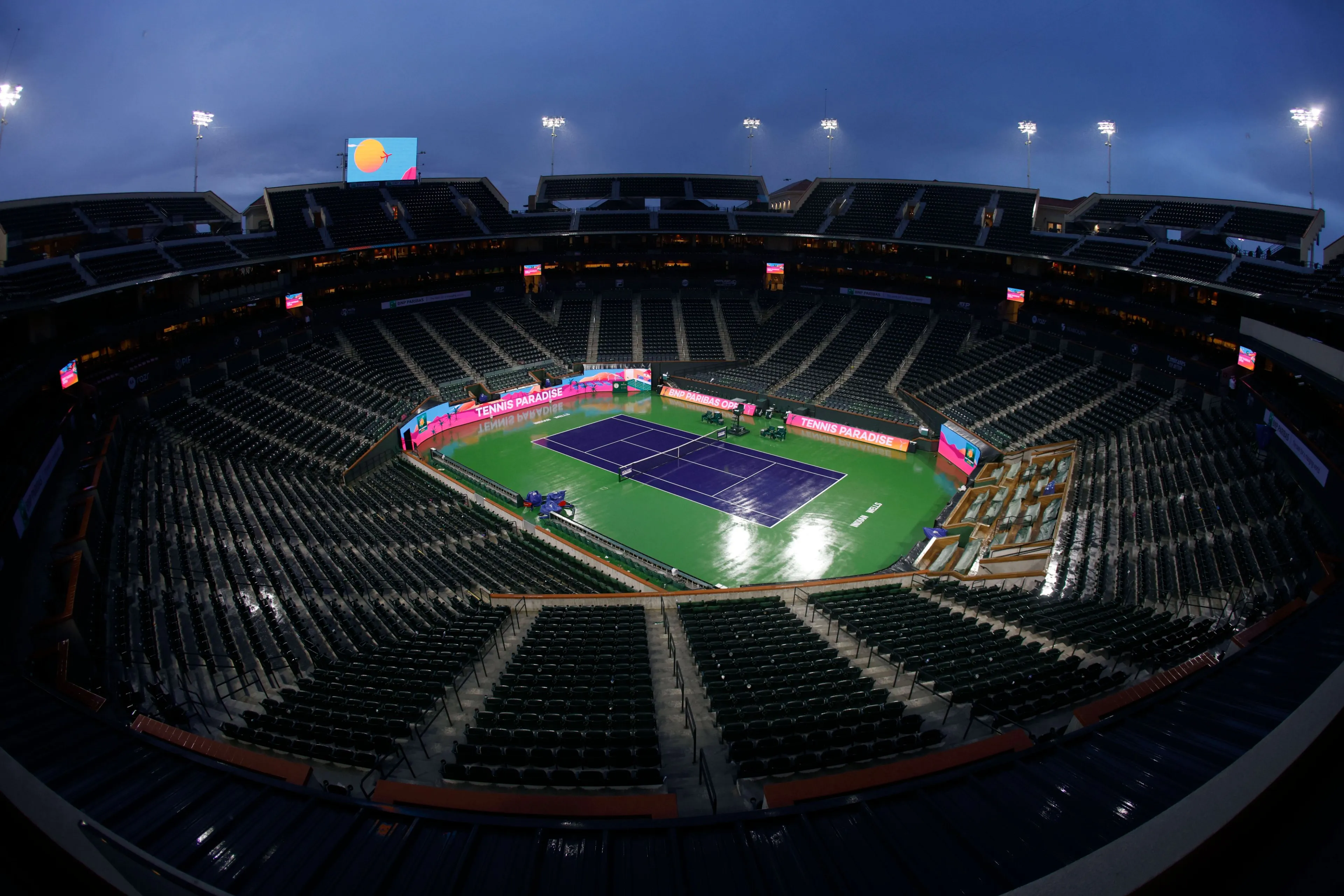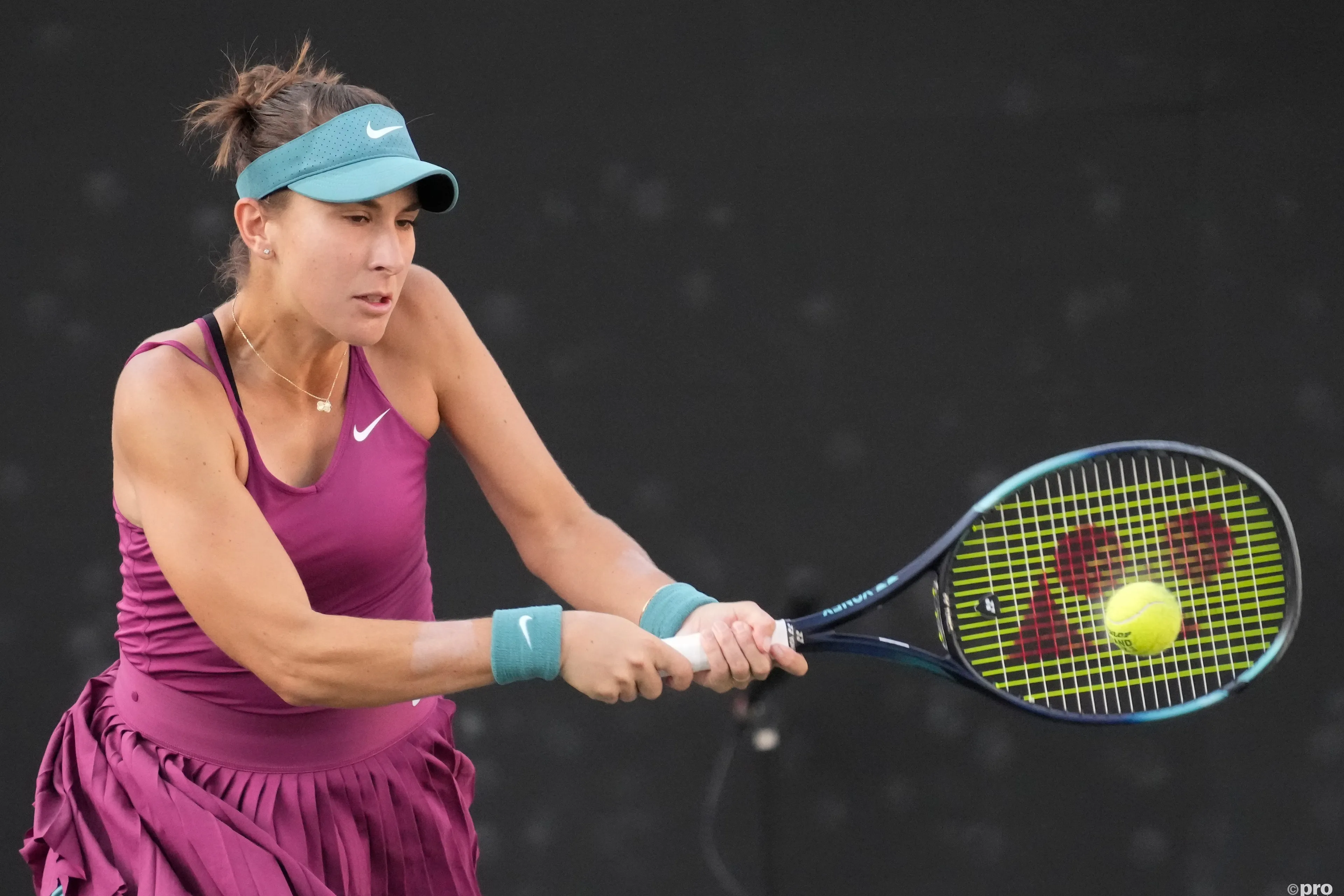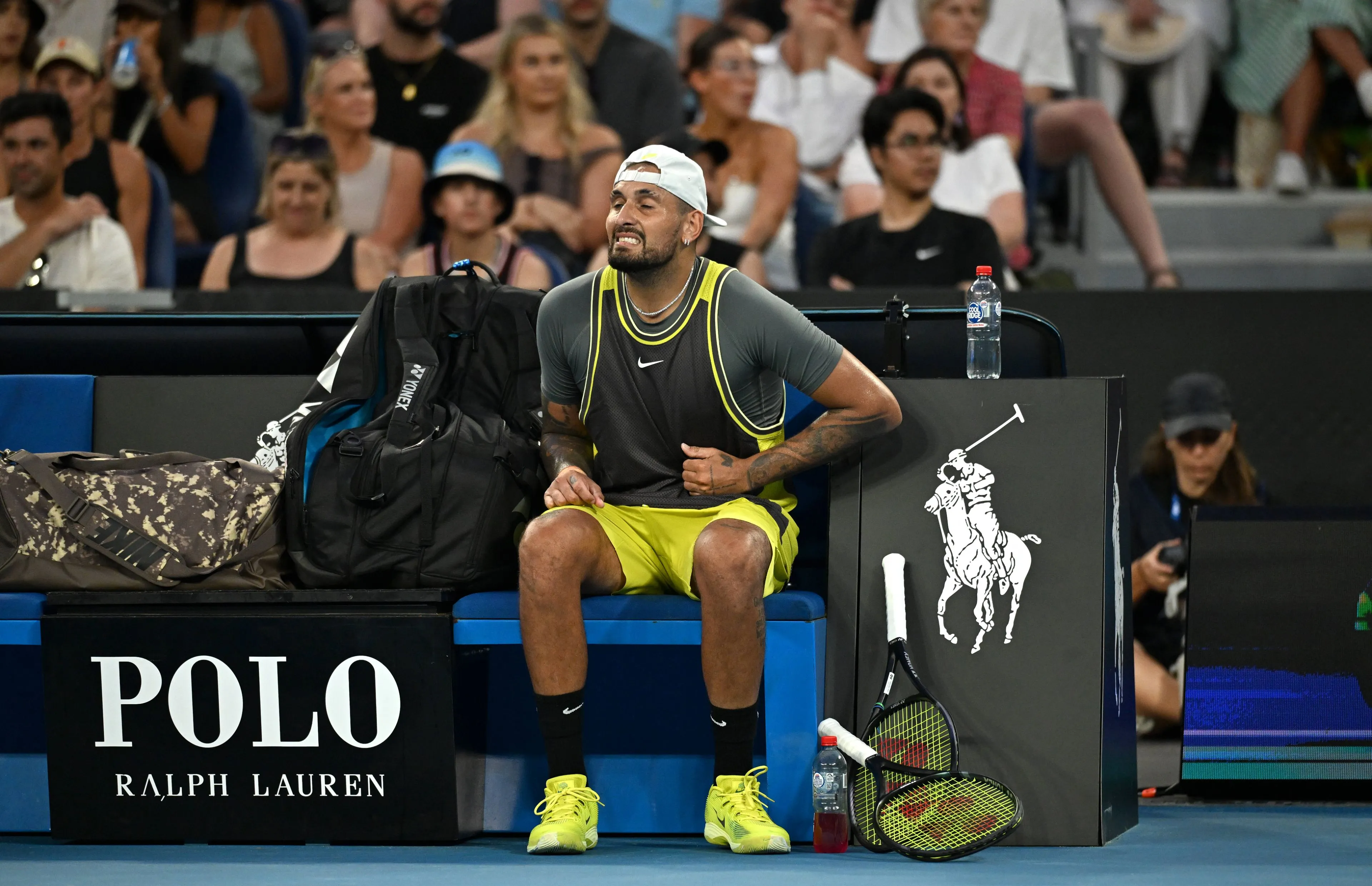
Former member of the Court of Arbitration of Sports (CAS) Angelo Cascella has expressed the risk involved for Italy’s Jannik Sinner in the upcoming hearing regarding his failed dope test. The 23-year-old, who is already regarded as the best player in the world in men’s tennis in the singles category, has been in the spotlight after testing positive for banned substance Clostebol in two doping tests back in March.
Despite that, interestingly, Sinner managed to escape any ban as the International Tennis Integrity Agency (ITIA) accepted the player’s counsel’s response where they claimed that the availability of the banned substance in the player’s sample was because of receiving cream for the treatment of an injury from one member of the coaching staff.
In September, the World Anti-Doping Agency (WADA) lodged an appeal against the decision in front of the CAS. A former employee of the CAS Cascella has been recently quoted in a report where he talked about what kind of threat Sinner faces in the trial, which does not only include the threat of suspension but also financial threats.
Read also
"Sponsorship contracts generally contain clauses that, in the event of a positive anti-doping test, can lead to the cancellation of a contract itself or to the payment of penalties by the athlete himself who may be found positive,” he said. “The risk for the athlete is to face sanctions, with Wada having requested a disqualification of one to two years, therefore focusing on fault or negligence. Since some analyses have been carried out and the existence of doping traces has been demonstrated, the athlete risks a sentence of one to two years. In these cases, there may be intent or fault or negligence. In the first case, the sentence can reach up to four years of disqualification, in the second, as requested for Sinner, it goes from one to two years. There is a risk of a sentence, but at the same time it is possible that the parties will hear from each other in these months and a settlement agreement can be found on something that is good for both and the hearing judgement can be suspended since it will not arrive before spring 2025.”
Just In
Popular News
Latest Comments
- Until Kygrios repents of his despicable behaviour towards Sinner on social media, he will continue to rack up injuries and he will NOT win another match.Rapunzel06-03-2025
- Now Raducanu is relegated to "training sessions" with event promoters?
 mandoist02-03-2025
mandoist02-03-2025 - What a poor video from WTA Ventures.MrAndreeva28-02-2025
- There's been no medical statement. Just players who ate at the same place. There's more to diarrhea attacks than just food when you're in Mexico.
 mandoist27-02-2025
mandoist27-02-2025 - Send this guy back to Shakira. Ah no. Too late. She dumped him.MrAndreeva27-02-2025
- Dealing with mental issues and various instabilities is up to the person and those surrounding them to deal with; not the public. BTW: Such fragile personalities should never be anywhere near anti-Social Media... and apparently plastic chairs.
 mandoist25-02-2025
mandoist25-02-2025 - FWIW: Ending a public farewell with a line like, "Wishing you nothing but success and happiness in your future endeavors," is a corporate Tool used by those whom had/have alternative reasons they do not wish to reveal.
 mandoist24-02-2025
mandoist24-02-2025 - Lena does not need a special coach. She is not the same person she once was. Look at your photos -- when is the last time you saw that smile and sparkle in her eyes? When is the last time you saw her family in attendance? I believe it was once this season; sister Ana accompanied her to Australia. Perhaps Lena needs time away from tennis; time with professional help? If nothing else, her family should hold an intervention to snap her out of the hold Vukov has on her. It's sad to watch her lose matches she should be winning. Sadder still to see her vacuous facial expressions.
 mandoist24-02-2025
mandoist24-02-2025 - Thank you, Boris!! Finally someone speaking common sense!! I am so sick of the stupid, ignorant comments by the players who have not READ THE FACTS!!!Rapunzel18-02-2025
- Thank you, Boris!! Finally someone speaking common sense!! I am so sick of the stupid, ignorant comments by the players who have not READ THE FACTS!!!Rapunzel18-02-2025









